ANES Announcement: ANES 2020 Time Series Preliminary Release with Combined Pre-Election and Post-Election Data
March 24, 2021
Dear American National Election Studies (ANES) user community:
We write with three announcements:
Availability of ANES 2020 Time Series Preliminary Release: Combined Pre-Election and Post-Election Data
A preliminary release of post-election data for the ANES 2020 Time Series Study is now available. You may download the dataset and documentation from the ANES website at the following link:
https://electionstudies.org/data-center/2020-time-series-study/
An Excel file containing redacted open-ended responses to the “likes-dislikes” questions, as well as the question “how long before you voted did you decide that you were going to vote the way you did,” has also been posted to the ANES website.
The ANES 2020 Time Series study used a contactless, mixed-mode design developed in response to interviewing challenges during the COVID-19 pandemic.
New content for the 2020 post-election survey includes voting experiences, attitudes toward public health officials and organizations, anti-elitism, faith in experts/science, climate change, gun control, opioids, rural-urban identity, international trade, sexual harassment and MeToo, transgender military service, perception of foreign countries, group empathy, social media usage, misinformation, and personal experiences.
Availability of 2020 Social Media Study: Combined Pre-Election and Post-Election Data
The post-election component of the 2020 Social Media Study was made available on March 9th. You may download the dataset and documentation from the ANES website at the following link: https://electionstudies.org/data-center/2020-social-media-study/
The 2020 Social Media Study questionnaire covers voter turnout and candidate choice in the 2020 presidential primaries and general election, the coronavirus pandemic, the economy, feeling thermometers, feelings about how things are going in the country, trust in institutions, political knowledge and misinformation, political participation, political stereotyping, political diversity of social networks, and campaign/policy issues including health insurance, immigration, guns, and climate change.
Processing of Likes-Dislikes Questions
The ANES will no longer provide coded summary variables for answers to the open-ended questions asking respondents their views about the candidates and parties (i.e., the “likes-dislikes” questions). No single coding scheme is likely to meet the needs of all users. At the same time, advances in machine learning and text analysis have made it easier than ever for researchers to code such open-ended data in ways carefully tailored for their investigations. Therefore, the project will continue a practice, initiated in 2008, of publicly releasing a data file containing the verbatim answers to these and all other open-ended questions (redacted to omit personally-identifying information), to provide researchers with maximum flexibility. At present, the ANES still plans to code open-ended answers to questions such as occupation, industry, timing of the vote decision, and most important problem.
Thank you for your use of ANES data! If you have any questions or we can be of assistance, please contact us by email to: Email: [email protected]
Best regards,
The ANES Project
